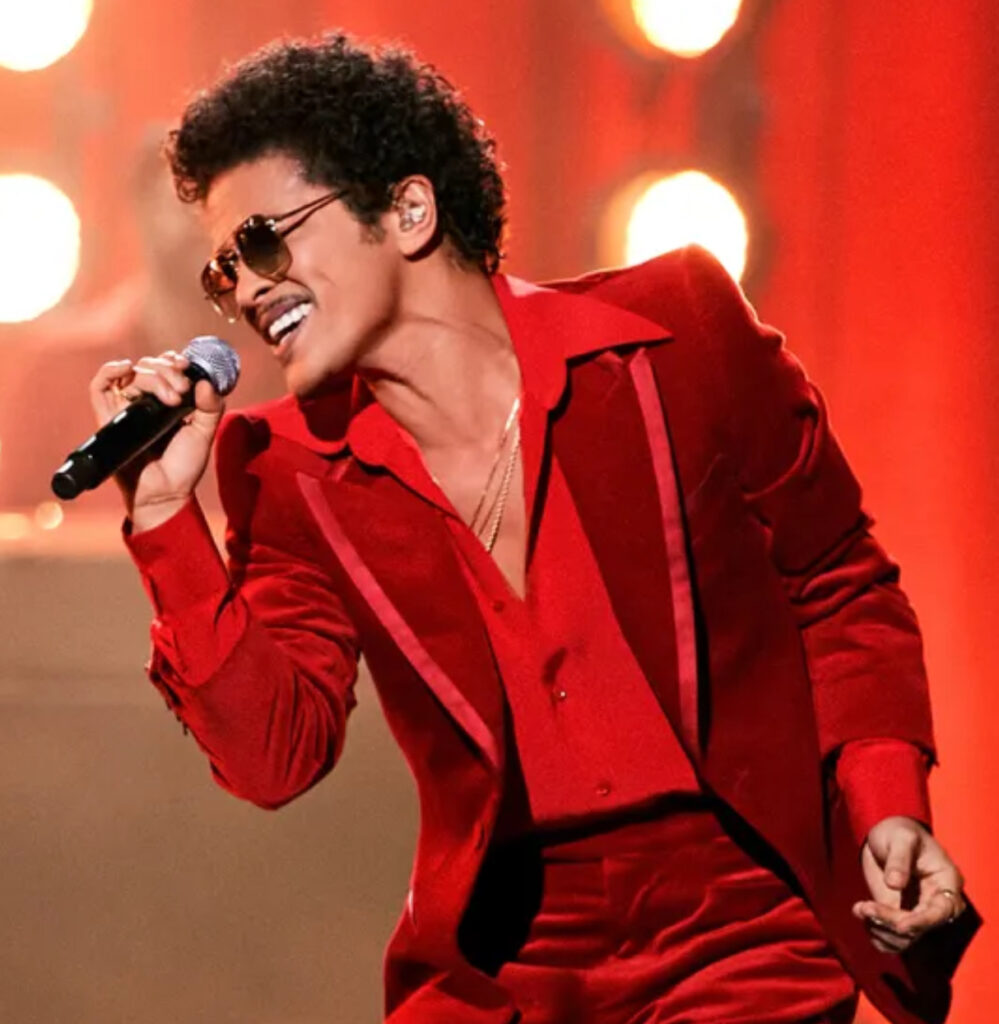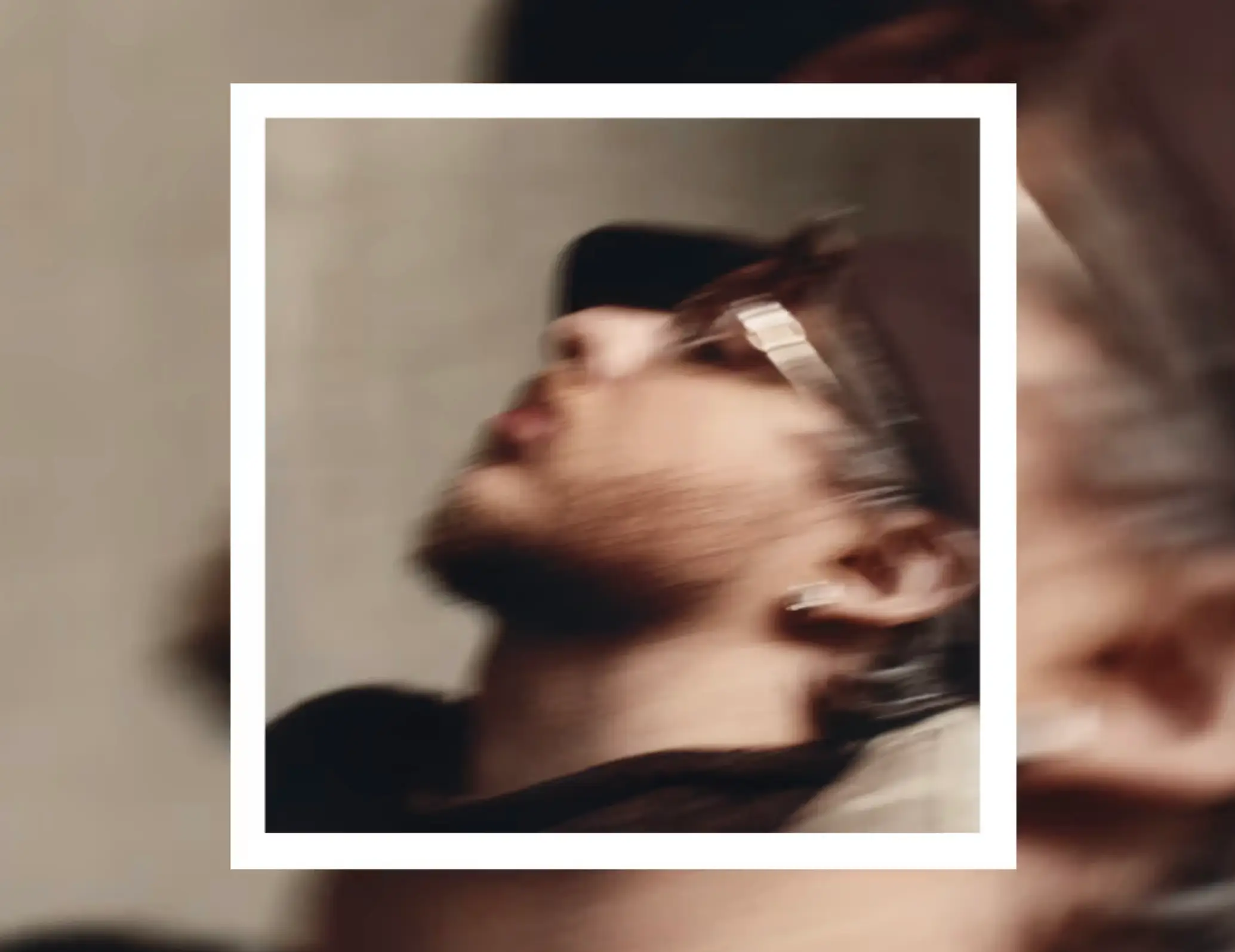When Bruno Mars and Mark Ronson released Uptown Funk in 2014, it was an instant cultural phenomenon. Its infectious groove, retro-inspired sound, and undeniable energy propelled it to dominate charts worldwide. The track became one of the biggest hits of the decade, earning multiple awards, billions of streams, and a seemingly permanent spot on party playlists. So, it’s no surprise that Uptown Funk was recently named the #2 Song of the Century in a major ranking.
However, what caught fans off guard was the song that clinched the coveted #1 spot. The choice has sparked conversations, debates, and curiosity across music circles. Here, we’ll explore Uptown Funk’s enduring impact, why it’s earned its place in history, and the surprising song that surpassed it.
Why ‘Uptown Funk’ Deserves Its Accolades
The Sound That Defined an Era
Uptown Funk is a celebration of funk and disco, drawing influences from the 1980s while infusing modern pop sensibilities. Produced by Mark Ronson and featuring Bruno Mars’s electrifying vocals, the song is a masterclass in blending nostalgia with innovation. Its tight brass sections, funky basslines, and infectious energy make it irresistibly danceable.
The track’s retro aesthetic wasn’t just a musical choice—it was a cultural moment. The accompanying music video, with Mars and his crew strutting in brightly colored suits, became iconic, embodying a playful yet stylish vibe that resonated with millions.
Chart Dominance and Record-Breaking Success
Uptown Funk dominated the Billboard Hot 100 for 14 consecutive weeks, becoming one of the longest-running #1 hits in history. It topped charts in over 19 countries and has been certified diamond in the U.S. (over 10 million units sold). Few songs achieve such a universal appeal, transcending age groups, cultures, and musical preferences.
Awards and Cultural Impression
The song garnered numerous accolades, including a Grammy for Record of the Year. Beyond the awards, its influence is seen in how it reintroduced funk and disco elements into mainstream music. Artists across genres have credited Uptown Funk with paving the way for a funk revival, inspiring hits like Lizzo’s Juice and Doja Cat’s Say So.
The Massive Surprise: The #1 Song of the Century
While Uptown Funk’s position at #2 seems well-earned, the #1 pick on the list was unexpected. Unlike the high-energy anthem of Uptown Funk, the top choice is a more introspective and emotional track: Whitney Houston’s “I Will Always Love You.”
Originally written and recorded by Dolly Parton in 1973, Houston’s rendition for The Bodyguard (1992) soundtrack became a global sensation. Her powerful vocals, emotional delivery, and the timeless quality of the song have solidified its place as one of the most iconic love ballads of all time.
Why It Was Chosen
The decision to place Houston’s song at #1 reflects its enduring legacy. While Uptown Funk captures the spirit of celebration and fun, I Will Always Love You speaks to universal themes of love, loss, and longing. The song transcends trends and genres, making it a timeless classic.
Comparing the Two Tracks
Energy and Mood
•Uptown Funk: High-energy, celebratory, danceable
•I Will Always Love You: Emotional, introspective, powerful
Both songs are masterful in their respective styles, yet they serve entirely different purposes. One dominates the dance floor; the other stirs the soul.
Cultural Legacy
While Uptown Funk revitalized a genre and became a global party anthem, I Will Always Love You has been a staple at weddings, funerals, and countless emotional moments. Its cultural reach spans decades, and Houston’s voice continues to inspire generations of singers.
Longevity
Though Uptown Funk remains a relatively recent hit, its impact has already lasted nearly a decade. I Will Always Love You, however, has stood the test of time for over 30 years, a testament to its universal appeal.
The Broader Implications of the Ranking
The ranking, while subjective, highlights two key aspects of great music: its ability to move people emotionally and its capacity to bring people together.
Why This Matters for Pop Culture
Both songs reflect the evolving nature of pop music. Uptown Funk shows how artists can reimagine and modernize past genres, while I Will Always Love You underscores the timeless power of a heartfelt performance.
These rankings also spark renewed interest in both tracks, encouraging listeners to revisit the music and reflect on its impact.
Fan Reactions and Controversies
As expected, the ranking has stirred debate online. Fans of Uptown Funk argue that its massive popularity and cultural significance should have earned it the top spot. Meanwhile, supporters of I Will Always Love You point to its emotional depth and enduring legacy as unmatched.
Some critics have also questioned how these rankings are determined. Are they based purely on cultural impact? Sales? Longevity? While the methodology remains unclear, the debate reflects the subjective nature of music appreciation.
Final Thoughts
The recognition of Uptown Funk as the #2 Song of the Century is a well-deserved honor for a track that redefined pop music in the 2010s. Its infectious energy and cultural resonance ensure its place in music history.
As for I Will Always Love You taking the #1 spot, it’s a reminder of the power of music to evoke deep emotions and create timeless moments. Whitney Houston’s rendition continues to captivate listeners decades after its release, proving that true artistry transcends time.
Both songs represent different facets of what makes music great—whether it’s making you dance or bringing you to tears. Together, they showcase the incredible diversity and power of the art form.
No comments yet.








